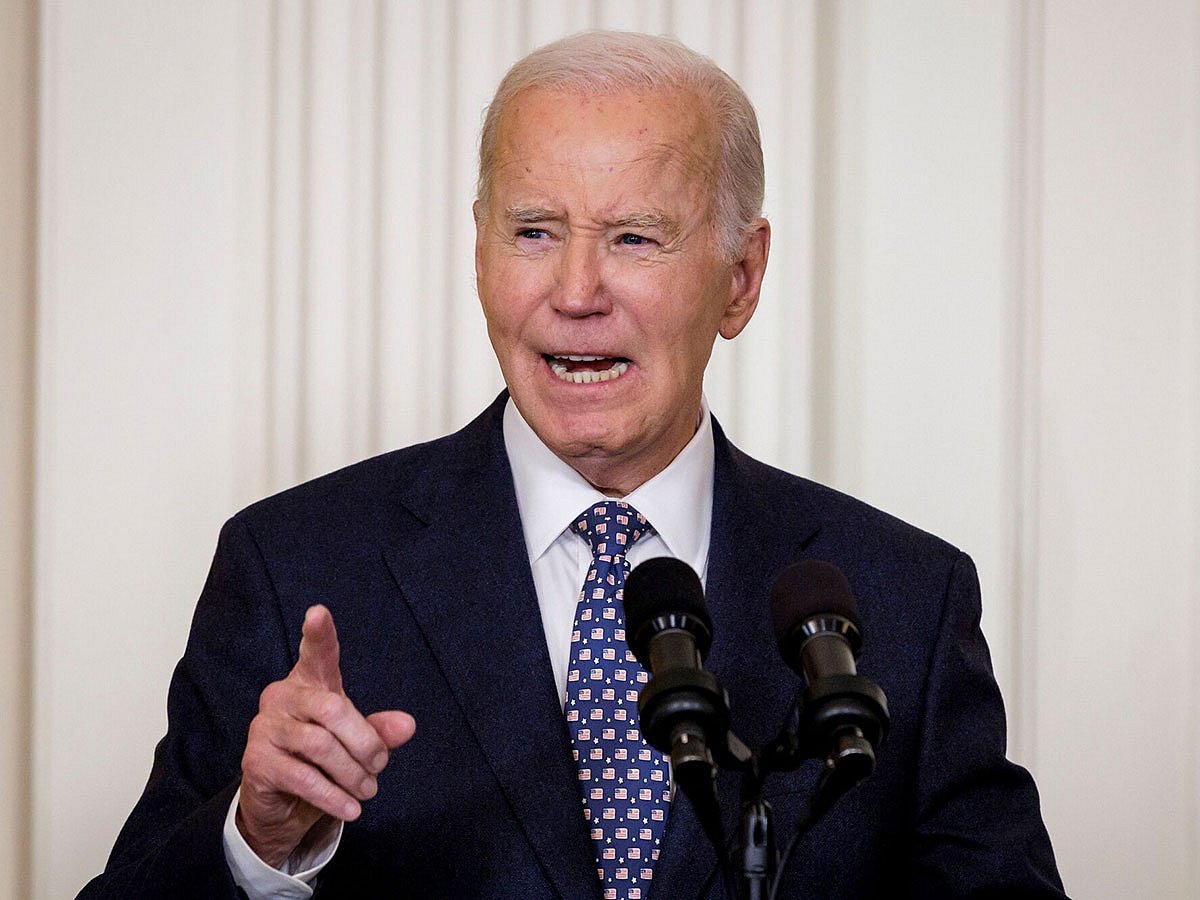Biden Undergoes Treatment for Prostate Cancer
Former President Joe Biden is currently undergoing treatment for prostate cancer, which he publicly disclosed in May. According to a spokesperson, the 82-year-old is receiving both radiation and hormone therapy to combat the aggressive form of cancer that has metastasized to his bones.
Treatment Details
Biden’s treatment plan includes targeted radiation therapy aimed at reducing the cancer’s impact, along with hormone therapy to help manage the disease. This comprehensive approach is designed to address the complexities of his diagnosis and improve his overall health.
Background on Diagnosis
In May, Biden revealed that he had been diagnosed with an aggressive form of prostate cancer. The announcement raised concerns about his health, particularly given the cancer’s spread to his bones. Since then, he has been open about his condition and the steps he is taking to manage it.
FAQs
What type of cancer does Biden have?
Biden has been diagnosed with an aggressive form of prostate cancer that has spread to his bones.
What treatments is he receiving?
He is currently undergoing radiation therapy and hormone treatment as part of his cancer management plan.
How has this diagnosis affected Biden’s public duties?
While Biden continues to fulfill his presidential responsibilities, his health condition has drawn public attention and concern regarding his ability to perform his duties effectively.
Conclusion
Joe Biden’s ongoing treatment for prostate cancer highlights the challenges he faces at 82 years old. As he continues with radiation and hormone therapy, the public remains attentive to his health and its potential impact on his presidency. Future updates will provide more insight into his condition and treatment progress.
Prostate cancer is one of the most common types of cancer among men, particularly those over the age of 50. The disease can vary significantly in its aggressiveness and treatment options, which may include surgery, radiation, hormone therapy, and chemotherapy. In Biden’s case, the choice of radiation and hormone therapy suggests a tailored approach to manage the aggressive nature of his diagnosis. Hormone therapy, in particular, is often used to lower levels of male hormones that can fuel the growth of prostate cancer cells.
The implications of Biden’s health on his presidency have been a topic of discussion among political analysts and the public. As the oldest sitting president in U.S. history, Biden’s age has already been a point of scrutiny, and his cancer diagnosis adds another layer of complexity to the conversation about his capacity to lead. While he has maintained a busy schedule, including public appearances and meetings, the demands of the presidency can be significant, and health challenges may affect his stamina and decision-making abilities.
Biden’s openness about his health condition reflects a broader trend among public figures who choose to disclose personal health issues. This transparency can foster a sense of connection with the public and may help to destigmatize discussions around serious health matters. Additionally, it can encourage others facing similar health challenges to seek treatment and support. As Biden continues his treatment, the political landscape will likely remain attentive to his health updates, particularly as they relate to the upcoming elections and the ongoing responsibilities of his administration.
The medical community often emphasizes the importance of early detection and treatment in cases of prostate cancer, which can significantly improve outcomes. Regular screenings and awareness of risk factors, such as family history and age, are crucial in managing the disease effectively. As Biden navigates his treatment journey, his experience may serve as a reminder of the importance of health vigilance among older adults, particularly those in high-stress roles such as public office.
In the coming months, Biden’s health will be closely monitored, both by his medical team and the public. Updates on his condition will likely influence perceptions of his leadership and effectiveness as president. The intersection of health and politics remains a critical area of focus, especially as voters consider the implications of a leader’s health on governance and policy-making.
Also Read:
Community Unites for Breast Cancer Awareness in Sharjah
Expat’s Journey: Overcoming Mental Health Challenges in Duba







